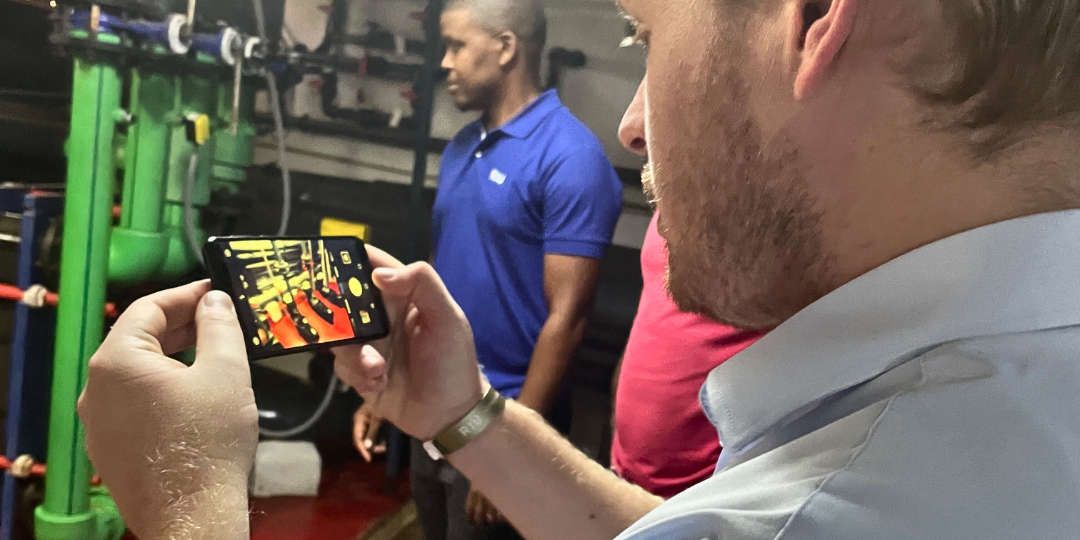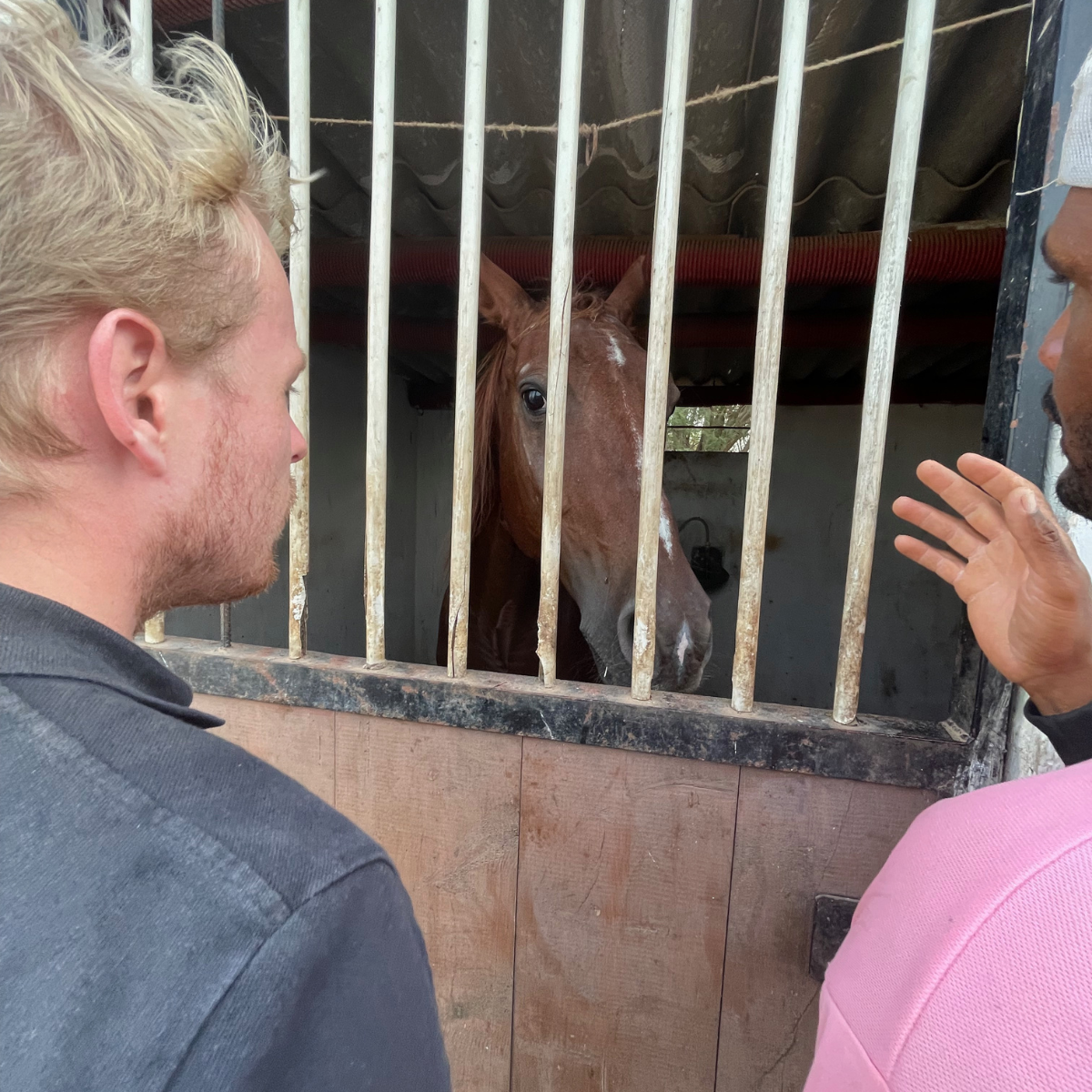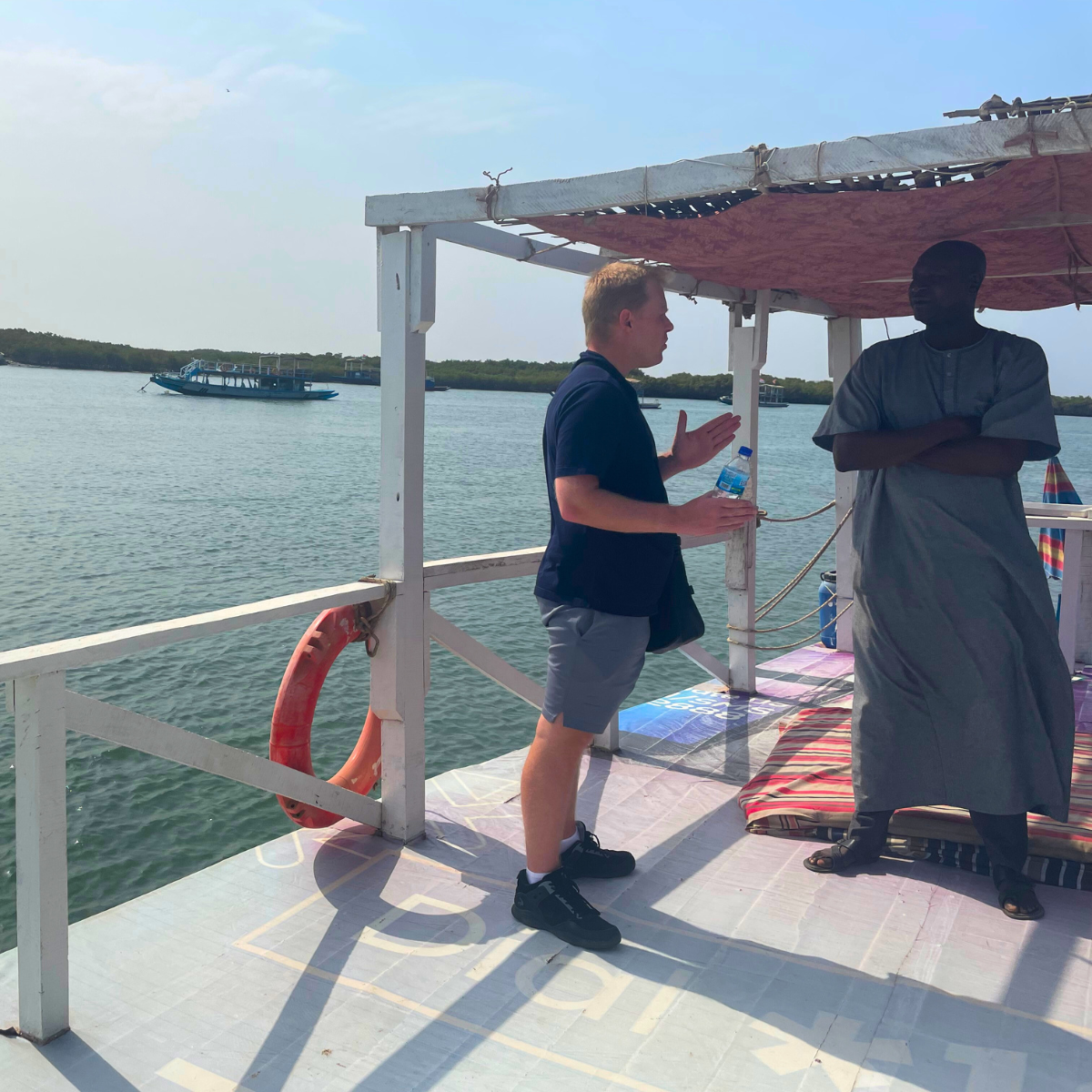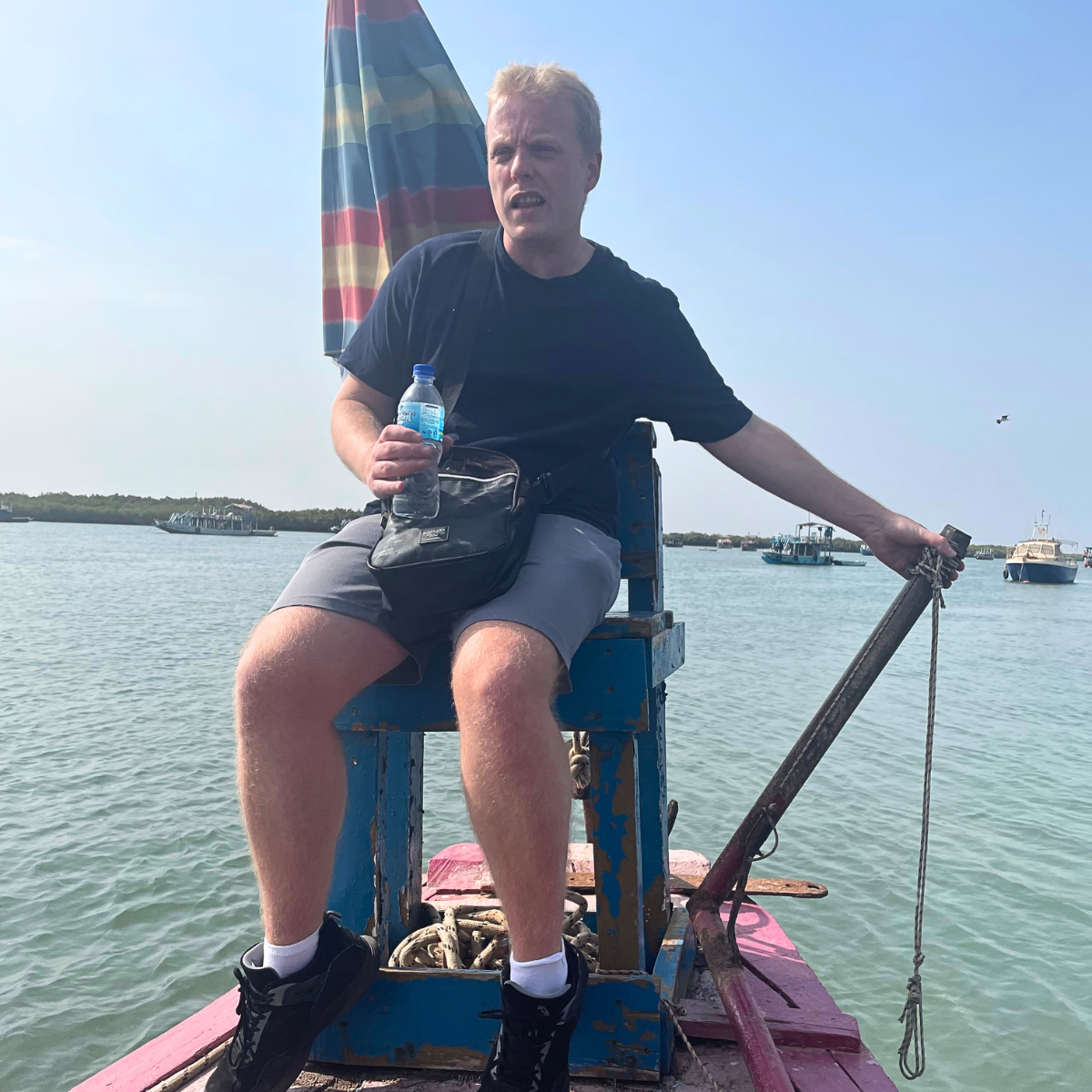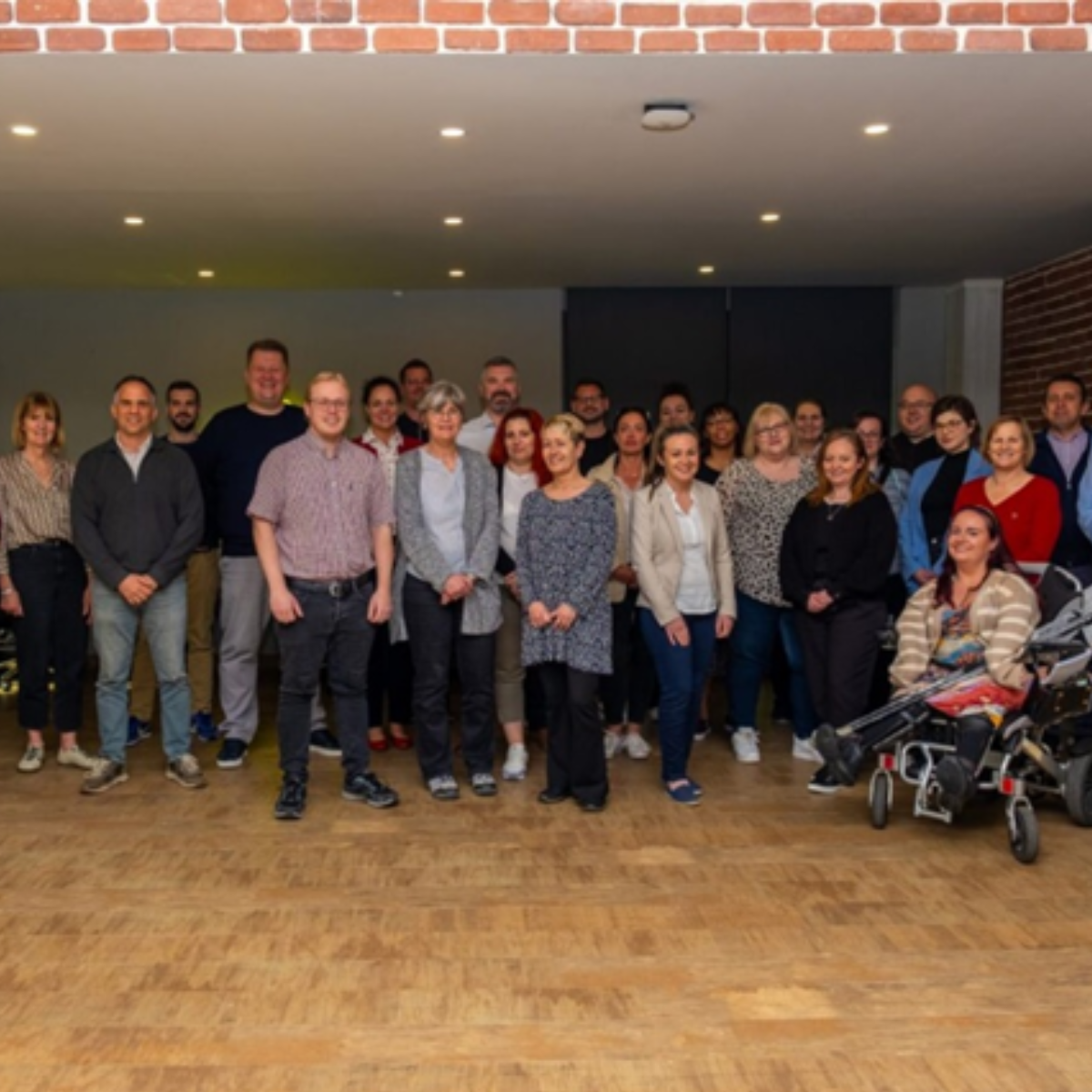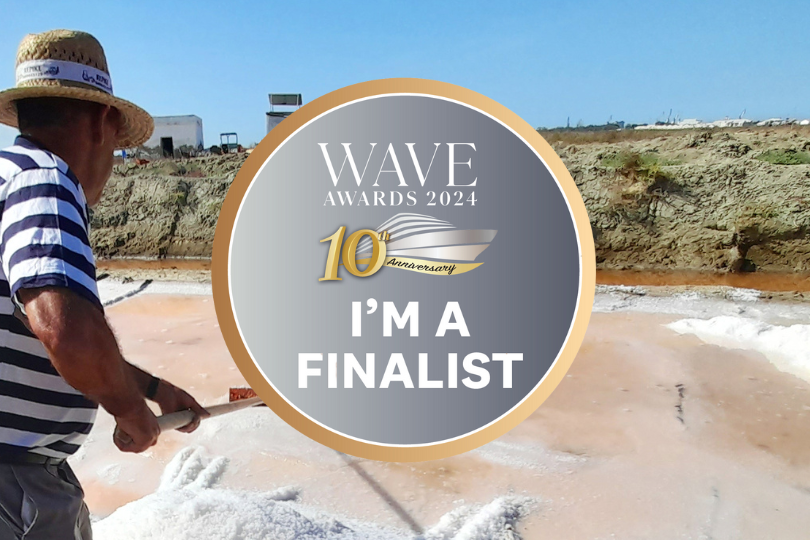Our innovators series aims to highlight the different teams and areas of our business that have contributed to the success of Intercruises over the last twenty years.
Today, we speak to Shaney Robertshaw Wright, Safety & Risk Specialist at Intercruises, as we delve into the complex world of Health & Safety in the Shoreside and Port Services Industry.
Tell us a bit about yourself and your background. How did you come to work in Health & Safety?
Originally from London, I studied for a degree in International Relations at the London School of Economics. I worked for Intercruises back in 2014-2016 in various roles across Cyprus, Spain and Croatia, before returning to the UK, and deciding, after a conversation with a friend, to go for a career in health and safety.
I studied for my health and safety qualifications (NEBOSH certificates) while working in a partial health and safety store role at Sainsbury’s. After this, I was accepted onto Travis Perkin’s health and safety graduate scheme as part of their plumbing and heating division before later re-joining Intercruises as a health and safety specialist.
What does a typical week look like in the world of Health & Safety at Intercruises?
The weekly routine of our safety and risk team is varied and engaging. We’re tasked with a multitude of responsibilities – setting standards for new activities and services, maintaining communication with our partners and clients, negotiating contracts, addressing incidents and safety concerns promptly, providing essential training to our front line staff, and collaborating with our in-house learning and development team to create relevant e-learning materials.
Additionally, we participate in industry meetings such as ABTA/FTO health and safety committee gatherings, attend trade fairs, and conduct on-site visits to evaluate performance. This overview is not exhaustive and there are many other aspects to health and safety management within Intercruises.
What are some unique challenges faced by health and safety managers in the cruise industry compared to other sectors?
Some of the unique challenges we face are due to operating in a vast range of countries, each with differing legal requirements and attitudes to health and safety. What’s also relatively unique about the role is the need to liaise with many different stakeholders, each with their own health and safety requirements. This includes liaising with cruise lines, port authorities, port terminal operators and third-party suppliers, among others. A third unique aspect is the subject matter: working in health and safety at Intercruises means not only dealing with health and safety performance during service delivery but also understanding what is needed from Shorex suppliers, encompassing activities from restaurants and helicopter rides to jeep safaris and boats trips. It also means knowing what to ask for from hotels and transport providers.
How is Intercruises being innovative in Health & Safety?
At Intercruises, we endeavor to be innovative in our approach to health and safety in various ways – for example, by adopting a fully risk-based approach to health and safety management, by working with our assessment partners to improve the ways in which we assess the health and safety performance of suppliers and through use of ever-improving technologies, such as internal systems, learning platforms, and online supplier information platforms.
One area of innovation that has occurred in the industry involves the use of more app-based, remote supplier assessment methodologies. Some moves have also been made towards the use of a range of training methodologies, including on-site, e-learning and even virtual reality-based training, using novel technologies. The destinations in which we operate and the types of activities and services we offer clients are frequently evolving, and the health and safety team is always striving to identify, assess and mitigate the risks associated with these changes.
Can you share any interesting anecdotes or memorable experiences from your time working as a health and safety manager?
During the height of the pandemic in 2020 and 2021, cruise ships were a major focus for stringent Covid restrictions due to the risk of SARS-CoV-2 contamination onboard. Many of these restrictions were required to be implemented prior to passenger embarkation, at ports by Intercruises’ teams. This meant the introduction of Covid testing protocols, often requiring terminals to be expanded to cater for people waiting for test results. It also implicated organizing standby ambulances, quarantine accommodation, the disinfection of terminals and vehicles, for excursion suppliers to implement strict distancing and cleaning measures, and for our operations staff to work in substantially different ways, often in separable ‘bubbles’. This required an enormous amount of planning, training, change in process, and coordination with authorities and cruise lines, however we were rewarded for our efforts in 2020, when Intercruises received an award from Med Cruise, the Association of Mediterranean Cruise Ports for the ‘greatest commitment during the pandemic.’
How does technology play a role in enhancing health and safety measures?
When providing shoreside and port services, technology plays an important role in ensuring the health and safety of cruise passengers – whether that be a guide having a means of emergency communication with base during excursions, local Intercruises teams logging incidents into our global incident reporting tool or transport providers being fully equipped with safer driving technology onboard, such as telematics technology.
What are the challenges of working across such a large number of destinations and ports?
The challenges are numerous; they include, striving to ensure reasonable standards of health and safety across a live, ever-changing, people-focused operational environment, dealing with different cultures and associated attitudes towards health and safety, meeting the health and safety needs of external parties, be that port terminal operators or cruise line clients, balancing the need to have an exciting and diverse shore excursion programme with the need to ensure acceptable risk tolerance, and the challenge of delivering consistent training, baseline standards and operational delivery across a global, multi-site enterprise.
How does Intercruises work with other industry stakeholders and specialists in its efforts to ensure customer safety?
To ensure risk is adequately managed, Intercruises work with several subject matter experts in relation to fire, food hygiene, transport, and legionella risk management, as well as with several global safety and security risk intelligence organisations. These experts and organisations provide advice and strategic data, and carry out risk assessments, investigations and testing as requested. Intercruises’ overall supplier risk assessment programme is carried out using an independent third-party technical specialist with extensive experience in the travel services industry. Intercruises work collaboratively with travel companies, tour operators, destination management companies, insurers, port authorities and clients, among others, to ensure broad alignment in terms of risk focus areas.
How does Intercruises ensure health and safety is and continues to be a primary consideration within and throughout the business?
The Intercruises health and safety team liaise with other departments within Intercruises as well as front line in-destination colleagues and external stakeholders, to ensure the reasonable and effective management of risk. Regular updates on safety and risk activities are communicated to and discussed with senior management, with performance toward safety and risk objectives monitored and reviewed via high-level steering groups. Annual health and safety associated funding levels and strategic objectives are set in collaboration with senior management. The importance of health and safety matters to Intercruises, as an organisation, is reflected in its health and safety policy, which is signed off by Intercruises’ top management. Effective and pragmatic management of safety and risk is in the interest of everyone and is an intrinsic part of ensuring an adequate guest experience.
When you’re not working, what do you do for fun?
I enjoy films, going for walks, traveling and seeing new places when I can, and, of course, watching football. I’m a lifelong West Ham fan, which definitely has its ups and downs. I also do some volunteer advocacy in relation to Long Covid – the lasting, chronic ill-health effects of Covid – which has some personal resonance. In addition to this, I like nature, current affairs and meandering around London.
What advice would you give others looking to work in this area?
I would emphasize the need to be able to juggle multiple things at once, as well as the need to be pragmatic but cautious, and to work closely and candidly with other teams within your organization, including operations, supply, compliance, insurance and legal functions. It’s cliché but nonetheless true that ensuring reasonable health and safety outcomes requires all parts of an organization and not just the health and safety team alone. Health and safety can often be perceived as dry or one-dimensional but it is in fact one of the most diverse, challenging, interesting and wide-ranging functions within an organization.
Finally, what’s the best thing about working in Health & Safety?
There are many good things about working in health and safety! One of those is being able to see the entire Intercruises global operation and engaging with it locally and from a central, ‘bird’s eye’ point of view. Not many departments do that quite so comprehensively. In addition to this, one of the best things about working in health and safety is the fact that you get to manage human risk. Risk is a very dynamic, pragmatic, and often philosophical thing that requires careful judgment and for various considerations to be weighed against one another. Working to help protect Intercruises’ staff and guests makes the job worthwhile. Not only do you perform your job but at the same time perform a necessary ethical function.
National Geographic Day Tours Shortlisted for Two Wave Awards
30/09/2024
The foundational principals helping to shape the development of our shore…
Sustainability: Best Practices for Shorex
02/01/2024
The foundational principals helping to shape the development of our shore…


